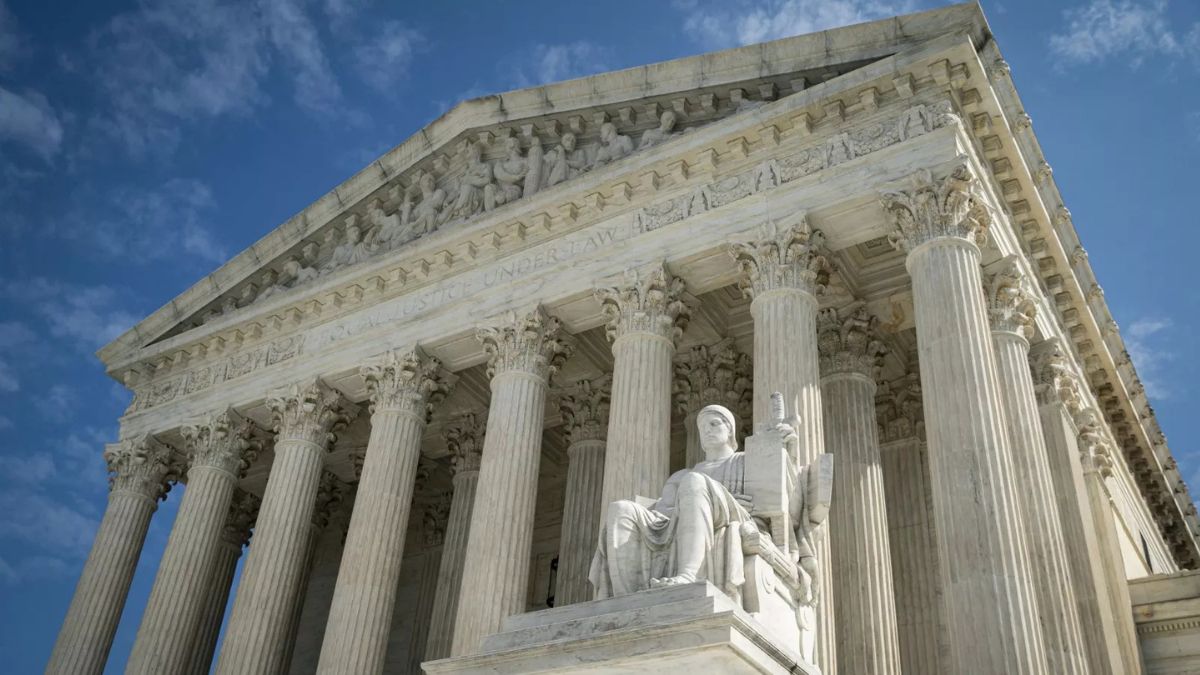

BreakPoint
Hypocrisy on Parade
Last week, headlines proclaimed that the Ninth Circuit Court of Appeals had "upheld" Oregon's physician-assisted suicide law. What actually happened, while not quite that dramatic, gives us, however, an object lesson in hypocrisy. The issue in Oregon v. Ashcroft was the U.S. Attorney General's interpretation of the Controlled Substances Act, or CSA. Ashcroft contended that the Oregon law violated the CSA, which requires that controlled substances be used only for "legitimate medical purposes." Thus, in 2001 Ashcroft said that physicians who prescribe lethal drugs under the Oregon law faced sanctions or prosecutions under the CSA. Last Wednesday, the Ninth Circuit, by a 2-1 vote, ruled that Ashcroft lacked the legal authority to do that, arguing that the purpose of the CSA was to prevent "drug abuse," by which it meant addiction. In his dissenting opinion, Judge Clifford Wallace wrote that the CSA bans all "improper use of controlled substances," and that "the Attorney General has discretion to decide whether registering a physician to dispense drugs 'is consistent with public health and safety.'" "Nothing in the . . . Act," Wallace wrote, "precludes its application to physician-assisted suicide." Still, the majority had one more weapon in its arsenal: brazen hypocrisy. Not content with telling the Attorney General that he had misinterpreted the CSA, the majority took him to task for, of all things, trampling over federalism and the democratic process. Judge Richard Tallman criticized "the attorney general's unilateral attempt to regulate general medical practices historically entrusted to state lawmakers . . . " Ashcroft's effort, Tallman added, "interferes with the democratic debate about physician-assisted suicide and far exceeds the scope of his authority under federal law." Coming from the most notoriously activist and liberal federal court in the country, Tallman's solicitude for federalism and "the democratic debate about physician-assisted suicide" is a bit hard to take. After all, it was the same Ninth Circuit that in Compassion in Dying v. Washington created a constitutional right to physician-assisted suicide. If the Supreme Court had not reversed the ruling, physician-assisted suicide would have been the law regardless of "democratic debate." The Circuit Court's supposed devotion to "democratic debate" was also conspicuously absent in its Newdow decision. In Newdow, the Ninth Circuit ruled that "one nation under God" in the Pledge of Allegiance was an unconstitutional establishment of religion. It didn't matter to the court that Americans have democratically debated the role of religion in public life since the founding of the republic. And within these debates they have found some balance between the rights of religious minorities and acknowledging the religious ideas that underlie our common life. Well, they did work, that is, until courts like the Ninth Circuit cut off debate. Last week's ruling demonstrates that if there's anything more objectionable than rule by unelected judges, it's when those same judges claim to uphold the very principles on which they regularly trample. And it's another case of "private" rights -- in this case, the right of suicide, a practice offensive to every great religious belief system -- trumping the common good. We can only pray that once again the U.S. Supreme Court will overrule these rogue judges on the Ninth Circuit. For further reading and information: Wesley J. Smith, "Euthanizing the CSA," National Review Online, 27 May 2004. Blaine Harden, "Oregon assisted-suicide law upheld," Seattle Times, 27 May 2004. David Kravets, "Appeals court backs Oregon's assisted suicide law," San Diego Union-Tribune, 26 May 2004. Read the ruling on Oregon v. Ashcroft. (Adobe Acrobat Reader required.) Read more news on Oregon v. Ashcroft from the International Task Force on Euthanasia and Assisted Suicide. Ted Olsen, "Weblog: Federal Appeals Court Backs Ore. Assisted Suicide," Christianity Today, 28 May 2004. Arthur J. Dyck, Life's Worth: The Case against Assisted Suicide (Eerdmans, 2002). BreakPoint Commentary No. 040324, "Citizenship 'Under God': The Pledge and the Court." Mitch Muncy, ed., The End of Democracy? (Spence, 1997).
06/1/04















